I saw in my Linux (Ubuntu) server processes, called: kdevtmpfsi. It utilized 100% of all CPUs and RAM...
1) Tried to find a word in linux files:
find / -type f -exec grep -l "kdevtmpfsi" {} +
2) And found a file in the docker _data folder:
/var/lib/docker/volumes/d2076917e9f44b55d1fbfe2af6aca706f3cc52ca615e5f5de1ae1fdb4a040154/_data/kinsingj2BpMsGgCo
3) It is called like sha-ashed file: kinsingj2BpMsGgCo. So I removed it:
rm /var/lib/docker/volumes/d2076917e9f44b55d1fbfe2af6aca706f3cc52ca615e5f5de1ae1fdb4a040154/_data/kinsingj2BpMsGgCo
4) And restarted my server:
restart
But it doesn`t works. It copy new file in docker _data container and runs when docker starts...
Does anybody know what to do with it?
UPDATE:
We have killed that miner with dext steps:
- First of all - close redis ports on your server or add a password.
- Remove from crontab command with .sh instructions
- Delete hashed file from
docker/{{volume}}/_datafolder - Delete
tmp/kdevtmpfsifile

